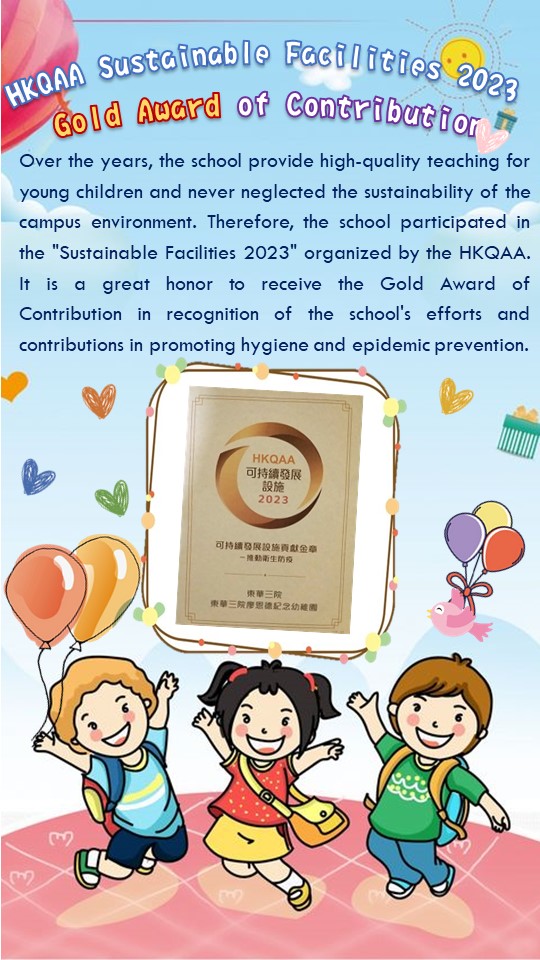Author: system

Parenting Tips
system

Written by: Registered Nutritionist (Public Health) (UK), Ng Pui Yu
Many families choose to consume organic foods such as fruits, vegetables, and eggs. When asked about the reasons for purchasing organic food, most people respond with, “Because organic food is safer and more nutritious.” In this issue, the author will educate everyone about what organic farming is.
What is organic farming?
Organic farming refers to agricultural practices that replace synthetic substances with methods involving agriculture, biology, or machinery. It avoids using chemical fertilizers, pesticides, or genetically modified crops and instead relies on local natural resources while adhering to the laws of natural ecology. The scope of considerations is broad, for example: an organic production area on a farm must be at least 2 meters away from non-organic areas to prevent crop contamination.

Crop and Variety Selection and Diversity:
- Seeds or propagating material used for organic cultivation should be certified as organic.
- Farms must practice crop rotation and intercropping while striving for diversification to avoid monoculture.
Nutrient Management:
- Fertilization should be applied appropriately to prevent nutrient excess and environmental pollution.
- The sources, quality, quantity, and application methods of fertilizers used on the farm should be ecologically benign.
- Soil fertility should be restored through fallow periods.
- The use of chemically synthesized fertilizers, human excreta, sewage sludge, and chemical waste is prohibited.

Management of Pests, Diseases, Weed, and Crop Growth:
- Implement appropriate fertilization and irrigation management.
- Utilize physical methods, including manual techniques, fencing, light, sound frequency, heat, etc.
- Plant crops that have pest control properties (including pest repellent and attracting natural enemies).
- Prohibit the use of chemically synthesized herbicides, fungicides, insecticides, and other pesticides.
From this perspective, organic farming emphasizes ecological conservation in the cultivation process. However, when it comes to nutritional value, there isn’t a significant difference between organic and non-organic foods. Furthermore, there is no evidence to suggest that children who consume organic foods are healthier or more intelligent. Of course, due to the environmental friendliness and reduced use of chemical pesticides in organic farming, I also encourage everyone to make more organic choices!
Conventional Farming vs. Organic Farming
| Conventional Farming | Organic Farming |
Safety | More commonly uses chemical pesticides and fertilizers | l Fewer chemical pesticide l Emphasizes ecological environment l Uses non-genetically modified materials |
Nutrition | No significant difference | |
Health | Also need to pay attention to the principles of a healthy diet: low fat, low sugar, and low salt. | |
Three sentences of family life: Love warms within the home
- Post author By system
- Post date 01/09/2023

Parenting Tips
system

Written by: Education expert, Principal Cheung Jok Fong
Have you ever heard the theme song of a certain TV drama called “Embrace Love”? I really like a few lines from it, as these few words capture the essence of “family.” A family is a place that provides shelter from the wind and rain, your “support.” When you’re feeling “weary,” the door of your home will always be open for you. The mentioned “love” refers to the deep-rooted bond of kinship that’s destined from the moment you were born, stronger than blood. Indeed, what could be more important than family ties? When you’re feeling down, your family will share your burdens, willing to listen to your worries and accompany you through difficulties. When you’re sick, your family will take care of you unconditionally. When you achieve success in your studies or career, they’ll genuinely rejoice and take pride in your accomplishments. This kind of “love” can’t be bought with money.
We all hope that parents and students understand the value of family love. Sadly, this love might come too easily, acquired from birth, and as a result, some don’t fully appreciate it. Sometimes, we see in newspapers that some teenagers would rather linger on the streets than go home; some families argue all day long, turning the home into a battlefield; some even resort to violence over trivial matters, leading to tragedies. The examples mentioned are just the tip of the iceberg, and sometimes I can’t help but feel saddened that a once peaceful home can turn into such a situation.
The Three Sentences of Family Life
How can we build a harmonious family? Pope Francis once proposed the “Three Languages of Family Life” when talking about family, which are the three phrases that should be spoken more at home: “Thank you,” “Please,” and “I’m sorry.”
“Thank you” represents gratitude towards family members. Many times, children are taken care of by their parents from a young age, and they may start to take it for granted. Consider this: do parents have to prepare three meals a day for you? Who washes your clothes and cleans your shoes and socks, providing you with a cleaner living environment? When you’re sick, who takes care of you tirelessly, even getting up at night to give you medicine? Classmates, while your parents are taking care of you, why not say “thank you” more often and help with household chores when you have the time, sharing the workload with them? In fact, when children complete household tasks for their parents, parents can also say “thank you” to them. In today’s society, the notion of elders being on a pedestal is no longer appropriate. You should know that in building a harmonious family, everyone has a responsibility. Don’t think that certain tasks are necessarily assigned to specific family members. Even when you receive help from others, even family members, you can still say “thank you.”

“May I ask” represents respect for family members and polite behavior towards others. Some may think that since we are family, there’s no need to be overly polite in our speech and we can just speak straightforwardly. However, “May I ask” doesn’t just encourage us to speak politely; it reminds us to consider the feelings of our family members in our words. Sometimes, people tend to get heated over trivial matters and believe that they should argue their point forcefully in all situations, even with their family members. But is it really worth it to act this way? As the saying goes, “Winning an argument but losing the family.” Even with close family members, it’s better to choose our words carefully.

As for “I’m sorry,” it represents seeking forgiveness from family members. When you make a mistake, it’s only natural to have the courage to take responsibility and say “I’m sorry” to the person you’ve hurt. At the same time, “I’m sorry” also signifies an opportunity to mend relationships with family members. Sometimes, right and wrong are not easily judged in a few words. Or perhaps, there is no clear right or wrong, but rather differences in values among individuals. Unfortunately, many conflicts arise from such differences. If no one is willing to compromise, relationships can become very tense. As the saying goes, “Give in a little, gain a lot.” Putting down your pride doesn’t mean you’re surrendering, nor is it about compromising on the issue. Instead, it creates a new opportunity to resolve the problem in a better way.
Parental Relationships and Child’s Physical and Mental Health
- Post author By system
- Post date 01/09/2023

Parenting Tips
system

Written by: Marriage and Family Therapist, Child Play Therapist, Lee Wai Zi
Whenever a child is born, it brings about changes to the family. Many times, parents, caught up in taking care of and disciplining their children, can easily overlook the quality of their own marital life. Over time, marital life becomes reduced to a pile of responsibilities and pressures. I once heard a friend say that when he comes home from work every day, it’s like an assembly line of checking his children’s homework, supervising their studies, while his wife takes care of their meals and routines. By the time the two of them can rest, it’s often late at night. Even if there’s still energy left to exchange a few words with his wife, the topic tends to revolve around their children’s academic performance and achievements. Sometimes, there isn’t even enough time left for their own rest, let alone considering their spouse’s needs.
Many couples facing difficulties in their marriage tend to attribute the problems in their relationship to the birth of their children. Generally, people believe that this is due to differing expectations and parenting methods between parents, or unequal distribution of roles and responsibilities in raising children, leading to conflicts in the relationship. However, the vast majority of couples express that they don’t necessarily need their partner to agree with their thoughts or actions. The key issue is that when they face the stress of parenting and various life pressures, they often don’t feel valued, supported, and accepted by their spouse. This leads both sides into a state of loneliness and helplessness, gradually eroding trust and emotional connection.
Differing educational philosophies and methods between spouses are ordinary and natural. However, during the process of parenting, parents are prone to repetitively using ineffective and destructive methods to deal with their differences, inadvertently creating a negative cycle of interaction within the relationship. For example, a wife might complain in front of her husband that the child doesn’t listen, and might even reproach her husband for not helping to share the responsibilities of household chores and parenting. The wife’s expression of dissatisfaction is aimed at making the husband understand her concerns and troubles, and hoping to receive his support and comfort.

However, husbands often only receive criticism and blame from their wives. In order to protect themselves from getting hurt, they might remain silent or explain and defend themselves repeatedly, hoping for understanding and acceptance from their wives. The more husbands explain, the less valued and understood their wives might feel, leading to more accusations. And the more wives accuse, the more helpless husbands might feel, causing them to further evade and defend. Both spouses are participants in this negative cycle of interaction and victims of this cycle as well. If parents don’t promptly address and resolve the deadlock in their relationship, not only will the problems persist and worsen, but it could also ultimately impact their children.
The well-being of the family and the children relies on a strong emotional connection between the spouses. Therefore, for the sake of themselves and their children, it’s worth spending more time nurturing the love between partners. As long as the marital relationship is harmonious, children can naturally grow up healthy and happy.
HKQAA Sustainable Facilities 2023 — Gold Award of Contribution
- Post author By system
- Post date 28/08/2023
- No Comments on HKQAA Sustainable Facilities 2023 — Gold Award of Contribution
HKQAA Sustainable Facilities 2023 — Gold Award of Contribution

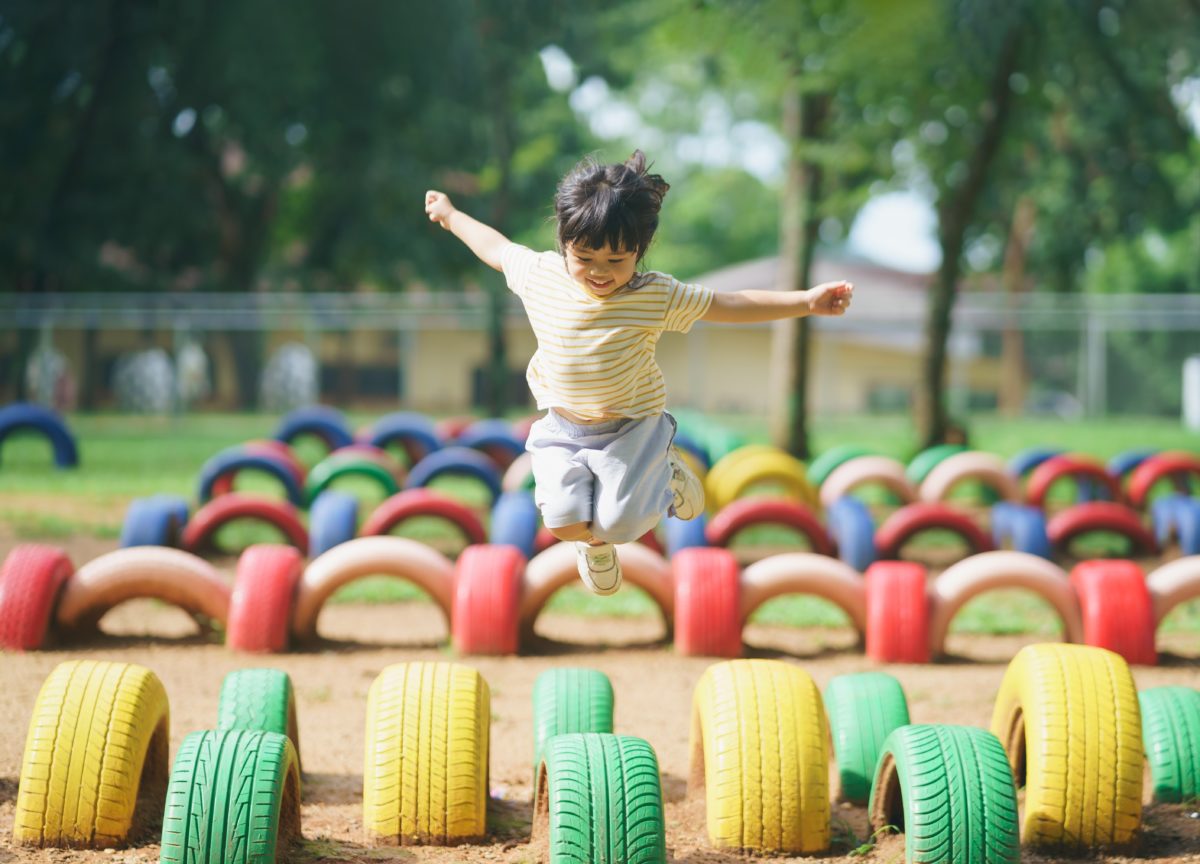
Parenting Tips
system
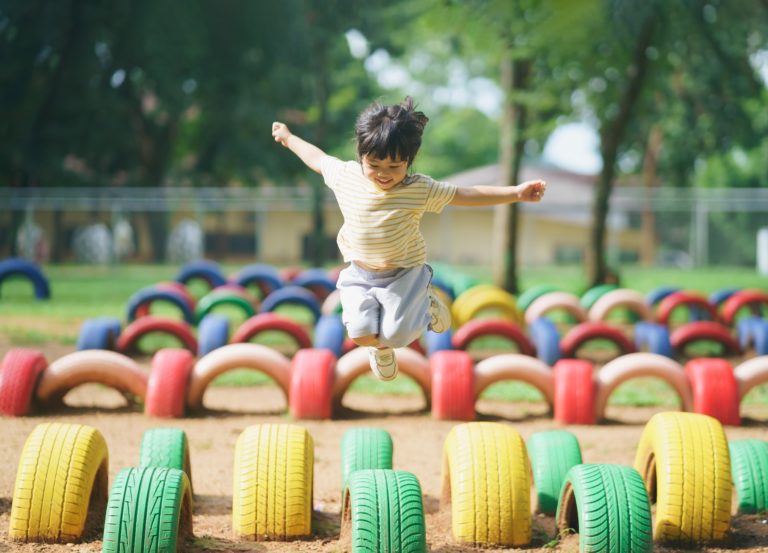
Source: Education expert, Cheung Jok Fong
I attended a lecture by “Warrior of Regeneration,” Miss Yeung Siu Fong, earlier. She shared her experience of losing both hands in an accident at the age of nine. However, she did not give up and instead equipped herself more actively. With hard work, she not only became a swimming athlete in the Asian Games but also started art creation by using her feet in place of hands. She successfully enrolled in the Hong Kong Academy of Arts and became an inclusive artist. In 2011, she was selected as one of the “Ten Most Touching Hong Kong Figures” and became a “Hong Kong Spirit Ambassador” in 2013. After the lecture, I asked some classmates for their opinions, and they all expressed that if they encounter difficulties in the future, they will no longer be afraid because they believe that there is always a way to solve things and they want to face difficulties as positively as Sister Siu Fong.
Cultivating resilience from an early age
In the journey of life, we will inevitably encounter adversities. At that time, how should we face them with the right mentality and approach? Nowadays, parents often invest a lot of effort in their children’s academic performance, hoping that they can “win at the starting line.” However, while pursuing academic excellence, it is equally important to cultivate a spirit of perseverance. Unfortunately, some people choose different ways to escape when faced with difficulties, and some may even be so disheartened that they end their precious lives, which is truly regrettable. As educators, we have a responsibility to help students enhance their ability to cope with adversity, and this resilience needs to be cultivated from an early age.
Three key elements to enhance resilience
Experts point out that there are three key elements to enhance resilience: “optimism,” “efficacy,” and “belongingness.” “Optimism” is easy to understand literally; it means having hope for the future and believing that there is always a way to solve problems. This is the attitude one should adopt when facing difficulties. “Efficacy” includes how to manage emotions and establish problem-solving methods when facing challenges, which represents the ability needed to overcome difficulties. “Belongingness” refers to the care and support from people around the individual in question.

For children, the roles of family members and teachers are especially important. For example, when a child faces academic difficulties, if they can feel the care and support from their parents and teachers, and not be treated with disdain, scolded, or spoken to harshly because of low grades, but instead walk alongside them and seek ways to improve their academic performance, it will make them feel that their family and school are a place of “shelter from the storm.” In short, “belongingness” is the cornerstone for establishing “optimism” and “efficacy,” and it serves as the motivation provided to those facing challenges.
Children are two different beings at home and school?
- Post author By system
- Post date 01/08/2023
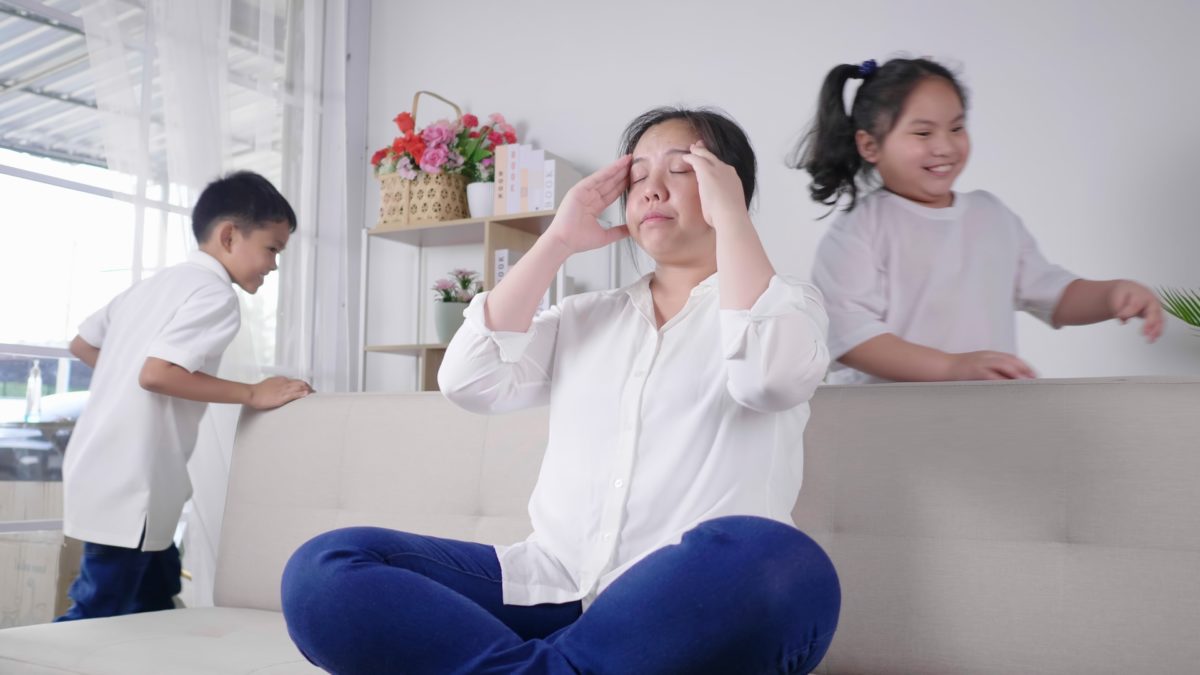
Parenting Tips
system
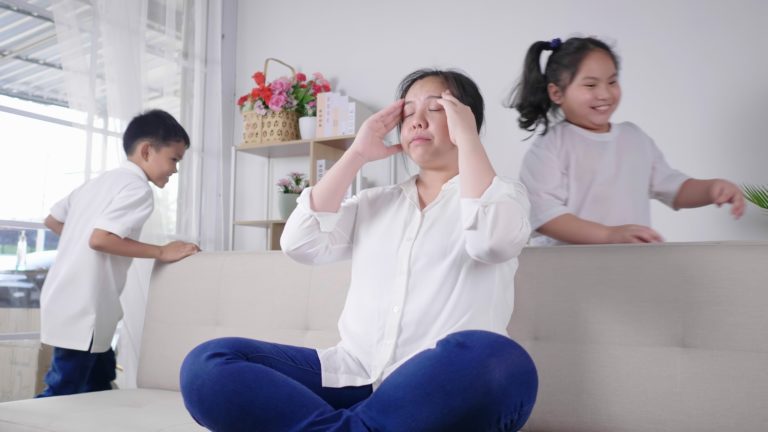
Written by: Dr. Szeto Wing Fu, Chairman of the Hong Kong Institute of Family Education
A teacher asked me, “Many parents seek my advice on education and disciplining their children. As a new teacher with limited life experience, I often feel inadequate in dealing with complex education policies and child-rearing issues. What should I do?”
Every semester, the school arranges one or two opportunities for parents to meet with teachers and discuss their children’s performance at school. As a father, I always strive to attend these meetings together with my wife. After each brief gathering, our son would eagerly ask and want to know what we discussed with the teacher about him. Recently, the teacher mentioned that our son is relatively quiet at school, not very proactive, and often takes on the role of an “observer.” My wife couldn’t wait to say that he is completely different at home, very active and full of “many opinions.” The teacher’s reaction was not surprised but rather smiled continuously, seemingly very accepting of the fact that children can present different sides at home and at school.
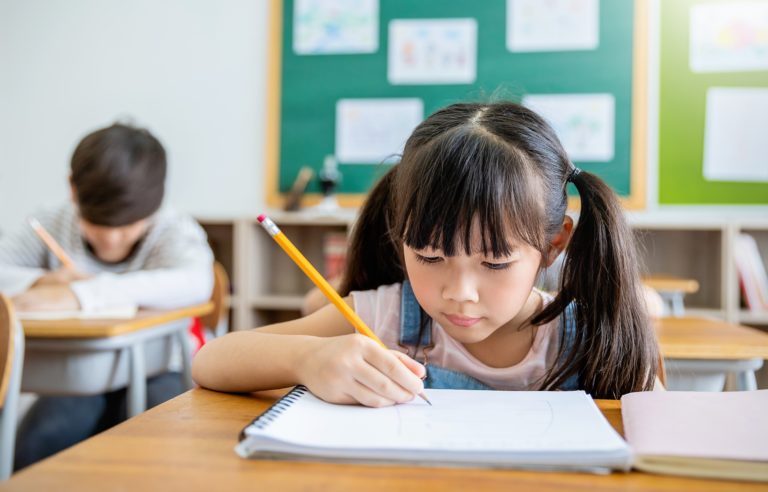
My wife naturally looked at the teacher with expectant eyes, hoping to get some guidance on how to make our child more proactive in the learning environment. Fortunately, I spoke a few “fair” words, recalling how our son was fearful and often a “lone ranger” when he first started school last year. Over the past year, our evening prayers with our son have always included a request to our Heavenly Father to make him braver, and this year he has made much progress. On the way home, I also reminded my wife that there are no standard answers or miraculous remedies for many things, and the teacher, being younger than us and not yet a parent, still has experience in dealing with different children. Therefore, it is most important for parents and teachers to communicate more on the children’s journey of growth.
Embracing Our True Selves
Recently, a parent asked me: “My child is very well-behaved at school, a courteous and exemplary student, but at home, he often throws tantrums. Why does he have such different behaviors in front of others and at home? How should I handle this?”
During the first semester of my son’s primary one, there were two consecutive weeks of “inexplicable” incidents, such as his beloved “Sergeant” watch going missing, books found in the trash bin, exercise books doodled and torn. My wife and I were both baffled and still wanted to unravel the mystery in our hearts: who could be behind these incidents?
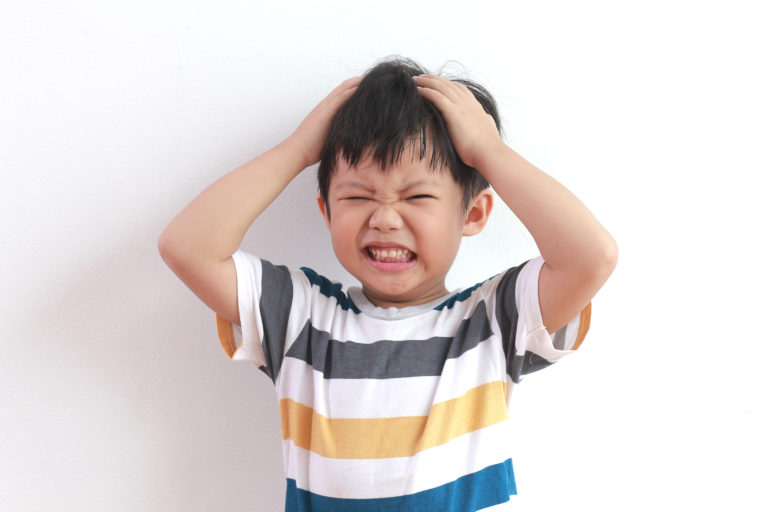
On Monday morning, my wife went to the school to discuss the incident with the teacher. However, just before leaving, I firmly told my wife, “No matter the doodles, tears, or books being treated as garbage, I am certain that our son didn’t do any of these.” She asked, “Why are you so sure?” My answer was, “Because he is my son, and I have been with him as he grew up. I know his temperament like the back of my hand.” Eventually, it was found that his neighboring classmate was responsible for those actions. Since that day, I noticed a “subtle” change in our child’s behavior between school and home – at school, he seemed to have learned that it is a community: crossing certain boundaries with books would upset classmates, and the teachers were like referees, and to “survive” he had to understand the “rules of the game.” But when he came home after school, he would immediately embrace his true self, because at home, he had his dad and mom, who understood him the most.
In fact, isn’t it true that in the adult world, we also have a different self during the day and at night?
Happiness is actually simple – enjoy quality time with children
- Post author By system
- Post date 01/08/2023

Parenting Tips
system

Written by: Marriage and Family Therapist, Child Play Therapist, Lee Wai Chee
Everyone hopes to find happiness, and parents are certainly no exception. Many times, parents are even willing to sacrifice their own immediate needs and happiness, hoping to exchange them for their children’s “happy life” in the future.
Most parents understand that their children’s future “happiness” is by no means guaranteed one hundred percent. However, many parents believe that not striving today will inevitably lead to failure tomorrow. In addition, the social atmosphere advocates “doing more is better than doing less,” and even considers not doing anything as laziness and passivity. As a result, all parents and children find themselves doing more and more, gradually losing their direction.
In online discussion forums, I often see some parents criticizing society and the education system for putting excessive pressure on children, stifling their growth space. However, on the other hand, they helplessly push their children to do various exercises every day, showing their helplessness and sense of powerlessness. The contradictions and dilemmas faced by parents are understandable, but these fears and anxieties can cause parents to easily miss the insights that children give us.

When a baby is born, they live a simple, direct, and natural life every day. When they are hungry, they eat; when they are full, they sleep; and when they wake up, they play. They explore the world in their own way and interact with the people around them. They laugh heartily when they are happy and cry out loudly when they are sad. Children tell us that human needs are actually quite simple, and as long as these needs are satisfied, they will be happy. It’s just that the adult world has become increasingly complex, and people’s desires have grown, causing adults to forget even their own needs and, as a result, become increasingly unhappy. Ironically, we still assume that we understand the “key” to a “happy life” and teach children how to find happiness.
Today’s society is filled with the anxiety and unease of adults who fear being marginalized by society and worry that their stable lives are threatened. As parents, they are even more concerned about their children’s future lives. In fact, children understand the essence of happiness best because they naturally live freely and at ease. However, somewhere along the way, parents hope that their children can adapt to the distorted rules of the real world as soon as possible, inadvertently erasing their natural and childlike qualities.
A child’s growth takes time. If parents can observe their lives with a calm mind, be patient, slow down, and enjoy every moment spent with their children, they may rediscover that happiness is not in the future but in the present moment.
Food for Good @ Campus 2022-23 The Winning School Gold Award
- Post author By system
- Post date 08/07/2023
Food for Good @ Campus 2022-23 The Winning School Gold Award
Teaching children to stay away from violence
- Post author By system
- Post date 01/07/2023
- No Comments on Teaching children to stay away from violence

Parenting Tips
system

Written by : Dr. Hui Long Kit
In today’s society with advanced information and fast-paced information dissemination, children inevitably come into contact with various healthy and unhealthy information from a young age. For example, social networks are filled with verbal violence, and computer and mobile games are filled with bloody fights and war violence, which may lead to imitative behavior in the next generation.
From a biological perspective, violence is an inherent instinct of living beings; otherwise, survival would be impossible in the law of the jungle. Newborn babies are closest to their instincts, but the cultivation of rationality is a matter of upbringing and the responsibility of parents.
Parents should try to guide their children to reflect on the harm of violence:
1. Violence cannot solve people’s problems; it can only solve the problems of those who are problematic.
2. We live in a world full of challenges. Since rationality cannot solve all problems, violence certainly cannot.
3. Rationality sows the seeds of civilization, while violence spreads the poison of hatred in society.
4. “An eye for an eye, a tooth for a tooth”? When will the cycle of revenge end?
5. When others have different opinions from you, can you try to think: What common ground do we share? What can we share together?
6. There are no two identical individuals in the world. If violence is used to eliminate others just because they are different from you, the demise of humanity is not far away.
7. Schools teach Chinese history and Western history, and the history of humanity is a history of violence. Regarding the last global war – World War II, it was a self-inflicted massacre of the entire human race, resulting in the annihilation of a population equivalent to ten times that of Hong Kong. What problems did it actually solve?
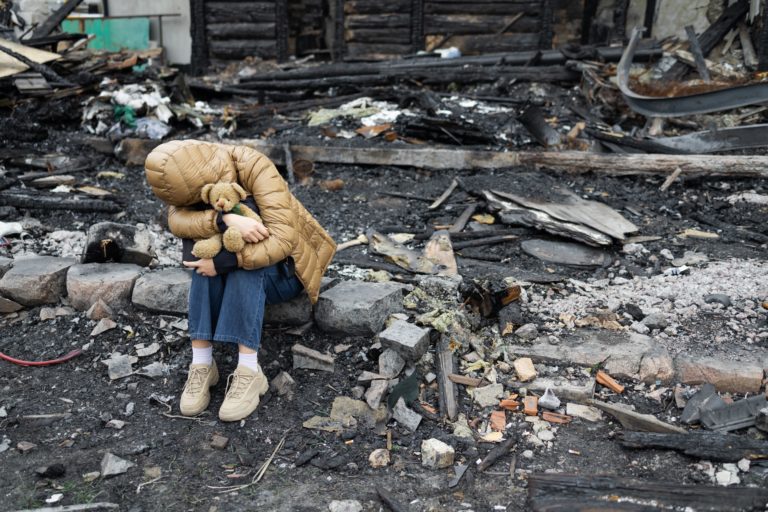
8. Excluding individual regional conflicts, today’s era of peace and the stable, prosperous, and harmonious state of society are by no means inevitable.
9. Only with social stability and world peace can humanity have the space to pursue knowledge, advance technology, develop the economy, and improve social and cultural life. Only by distancing ourselves from violence can humanity have a future.




